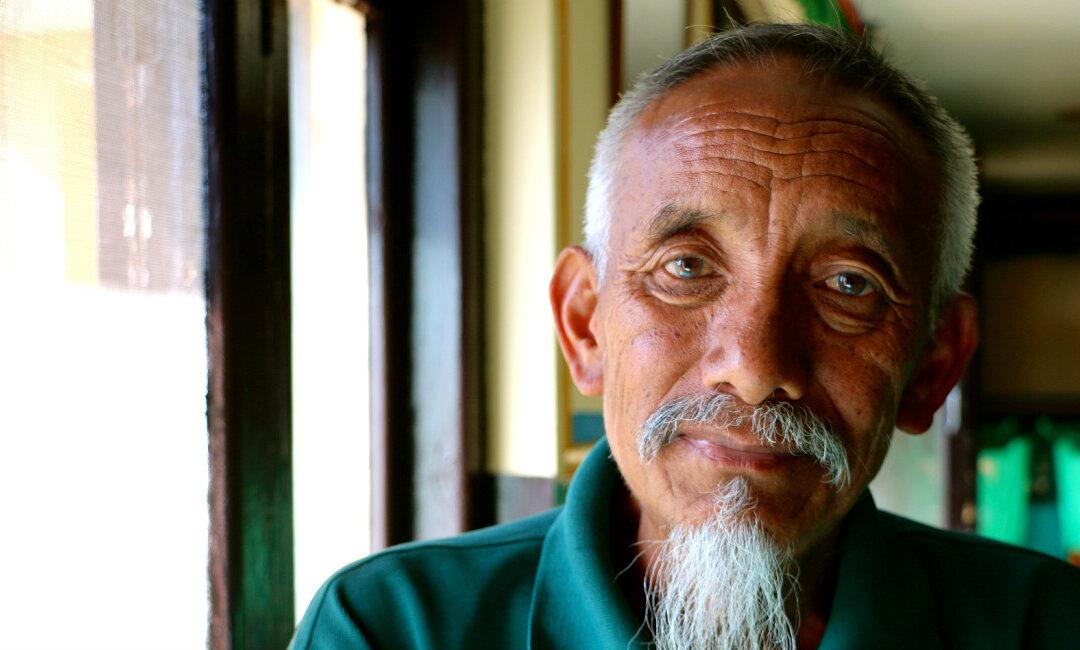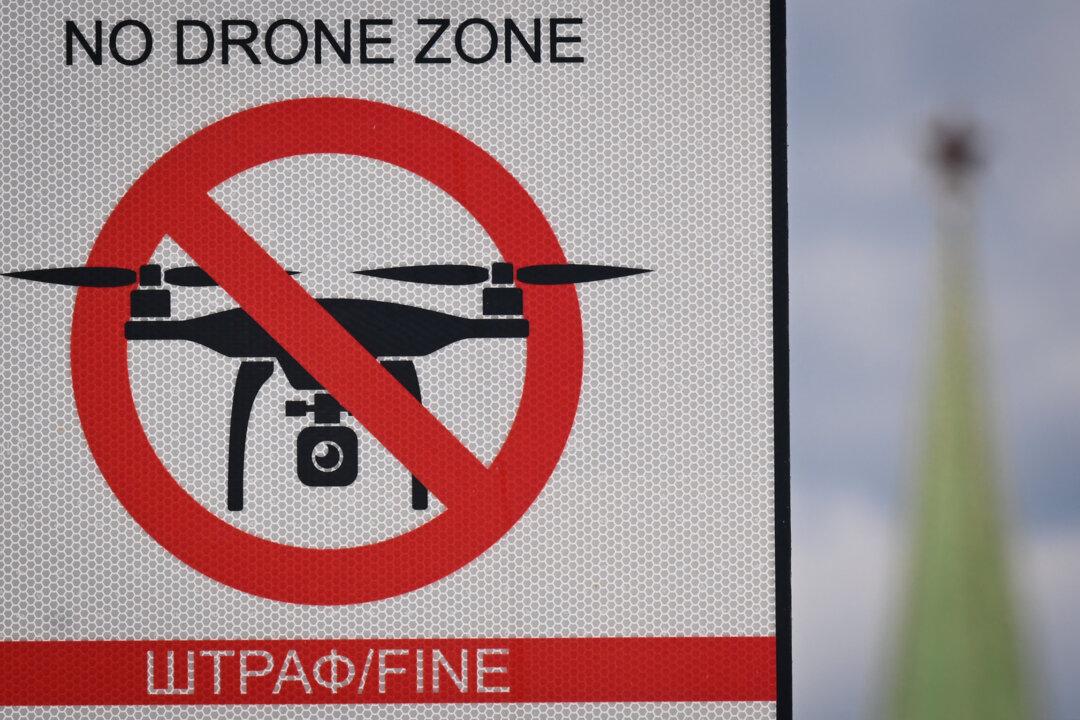DHARAMSHALA, India—When Sonam Dorjee was a Buddhist monk at the Debung Monastery in the Tibetan capital of Lhasa, he would not kill an insect. After all, that annoying fly buzzing in your ear could be the reincarnation of a beloved family member.
But when Chinese soldiers opened fire on the Tibetan refugees with whom Dorjee was fleeing across the Himalayas in 1959, the then-25-year-old monk picked up a rifle and fought back.
“It was a journey to become a different man,” Dorjee, now 81 years old, said during an interview at his home in the misty mountain village of McLeod Ganj, just outside Dharamshala.
“I had to develop a totally different mentality,” he said. “I lost my country and saw the Chinese kill many people in front of me. If you meet such a situation, it helps you to convert your mind. I had to do something for my country. There was no other choice.”
After Chinese soldiers began to shell Lhasa in 1959, Dorjee fled across the Himalayas with a group of monks and other refugees who were escorted by Chushi-Gangdruk guerilla fighters. When Chinese soldiers attacked Dorjee’s group, the fighting spirit of the Tibetan guerillas inspired the young monk. “If not for the Chushi-Gangdruk,” he said, “His Holiness and no other Tibetans would have escaped Tibet.”
“They saved Tibet,” he added. “I saw what they did, and I was thinking that I could take a weapon and I could fight for my country too.”






